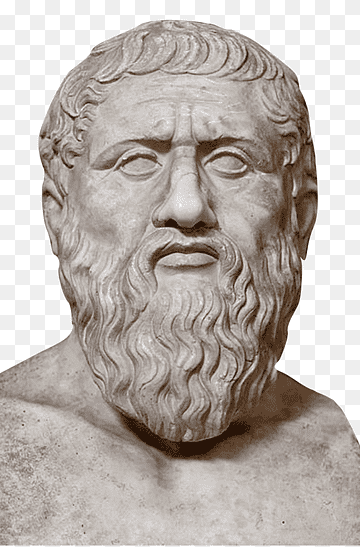Resumo
A República preocupa-se com a justiça como idéia e como virtude, dentro da problemática levantada pela crise ética grega do século V a.C. Para tanto, descreve Platão a fundação de duas cidades nas quais se inscrevem os questionamentos e o saber ético de sua época, e de uma terceira, na qual verificam-se os parâmetros segundo os quais a resposta poderia ser encontrada. Oferecidas as condições da justiça na figura do filósofo, a injustiça é então abordada em sua antítese, o tirano. Os principais argumentos deste roteiro foram percorridos segundo o paradigma de Schleiermacher e o método
hermenêutico de Betti. Na obra, Platão não oferece explicação própria da idéia de justiça, mas limita-se a assumir a concepção grega de justiça como harmonia. Quanto à virtude, primeiro Platão demonstrou a situação humana entre a transcendência da razão universal que a ele se apresenta na idéia do Bem e a imanência da razão individual, instrumento de acesso àquela. Decorrem dessa situação os dois valores fundamentais da República, a liberdade do agente e a igualdade entre os homens, que se reconhecem e vêem-se mutuamente nesta posição. A concepção tradicional da virtude da justiça como especialização é superada, e torna-se consciência da tensão entre a transcendência e a imanência da razão, ao mesmo tempo que possibilita o acesso à idéia de justiça, ao tomar como balizas a liberdade de autonomia e a igualdade. A filosofia é o caminho para a consciência, e o Filósofo o homem consciente. O Tirano é a pessoa inconsciente, mas continua responsável por seus atos, já que todo homem possui livre arbítrio e, ortanto,
dever de tornar-se consciente.
Abstract
The main issues of the Republic are the justice as idea and as virtue, in the context of the questions raised by the Greek ethical crisis of the 5th century b.C. Therefore, Plato describes the foundation of two cities in which are inscribed the problems and the ethical wisdom of his time, and of a third one, in which are verified the parameters of the answer to those questions. The conditions for justice are shown in the figure of the Philosopher, and the ones for injustice, in his antithesis, the Tyrant. The main arguments of this work have been followed based in Schleiermacher´s paradigm and in Betti´s hermeneutic method. In this work, Plato does not offer his own explanation for the idea of justice, but assumes the Greek conception of justice as harmony. Concerning the virtue, first Plato demonstrates the human situation as placed between the transcendence of the universal reason that to men shows itself as the idea of Good and the immanence of the individual reason, which is the instrument of access to the first. From this placement two fundamental values arise, the freedom of the agent and the equality amongst men, when all recognize themselves and the others in this same position.
The traditional virtue of justice as specialization is overruled, and becomes the conscience of the tension between the transcendence and the immanence of reason, at the same time that this conscience allows the access to the idea of justice, regulated by freedom as autonomy and by equality. Philosophy is the path to the conscience, and the Philosopher is the conscious man. The Tyrant is the unconscious person, but he remains responsible for his acts, because every man has free-will and, therefore, the duty to become conscious.
Texto Completo – O Filósofo e o Tirano – Por uma teoria da justiça em Platão
